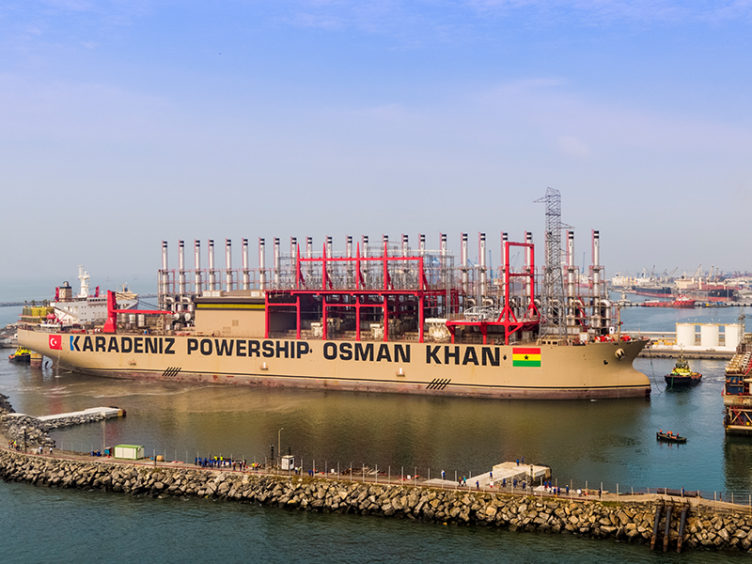
Ghana is pushing onwards with its efforts to bring down prices paid for power.
The Energy Sector Recovery Task Force (ESRTF) has begun talks with independent power producers (IPPs) in order to find “sustainable long-term solutions” for the energy sector, a government representative said.
“This is an important phase of the Energy Sector Recovery Programme (ESRP). The ESRP will drive forward this government’s industrialisation agenda and support our economy by creating a more balanced and efficient energy sector. We appreciate the co-operation of the IPPs in these efforts to date and look forward to their continued collaboration and partnership in the long term.”
Problems around the power sector stem back to 2015, when Ghana was facing a number of rolling black outs, known as “dumsor”. Deals signed at the time have been subsequently criticised for being agreed at too high a price.
Because of these high prices, arrears to producers have built up. The Ghanaian government intends to have paid off this debt by the end of the year. The debt is around $1.4 billion. The IPPs have threatened that unless debts are reduced they will be unable to generate power.
This next phase of talks focuses on power from thermal generation.
The Ghanaian Ministry of Energy recently suspended talks on new renewable power. The country believes that proposals pitch tariffs at higher prices than other countries. Despite these delays, though, Ghana intends to reach 10% of power from renewable sources by 2030.
New deals are likely to be signed on the basis of a competitive tender, rather through one-on-one negotiations.
Recommended for you

